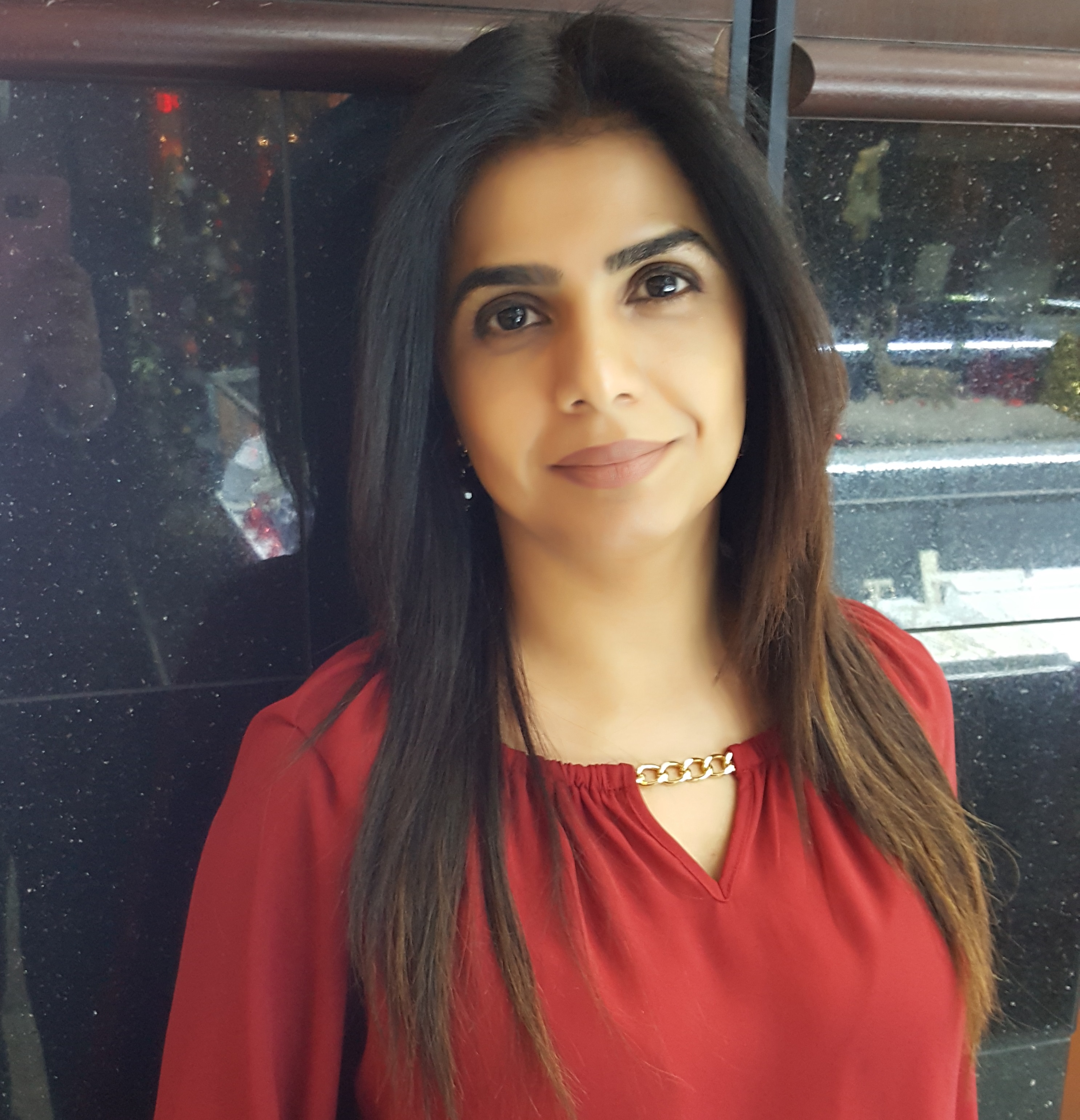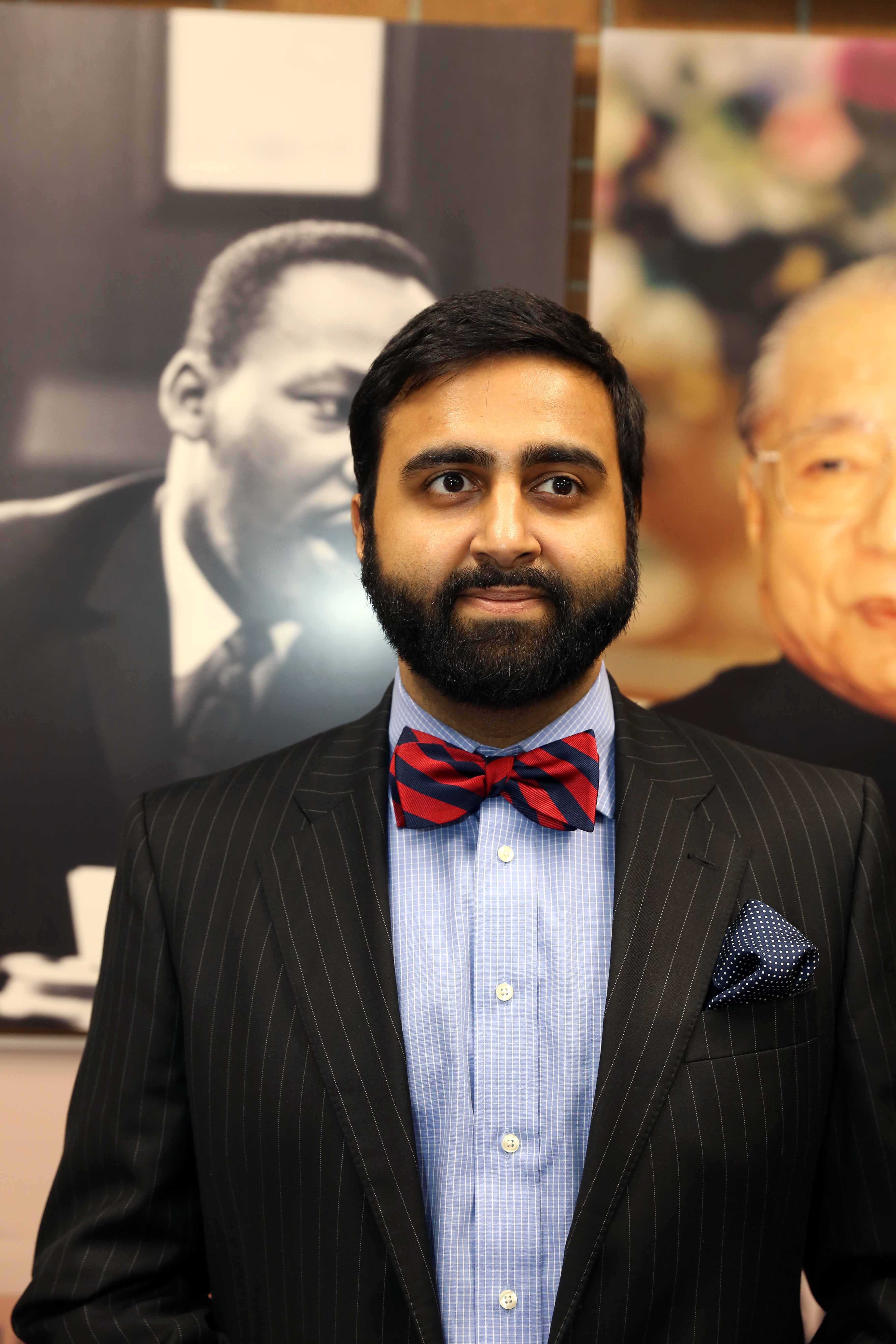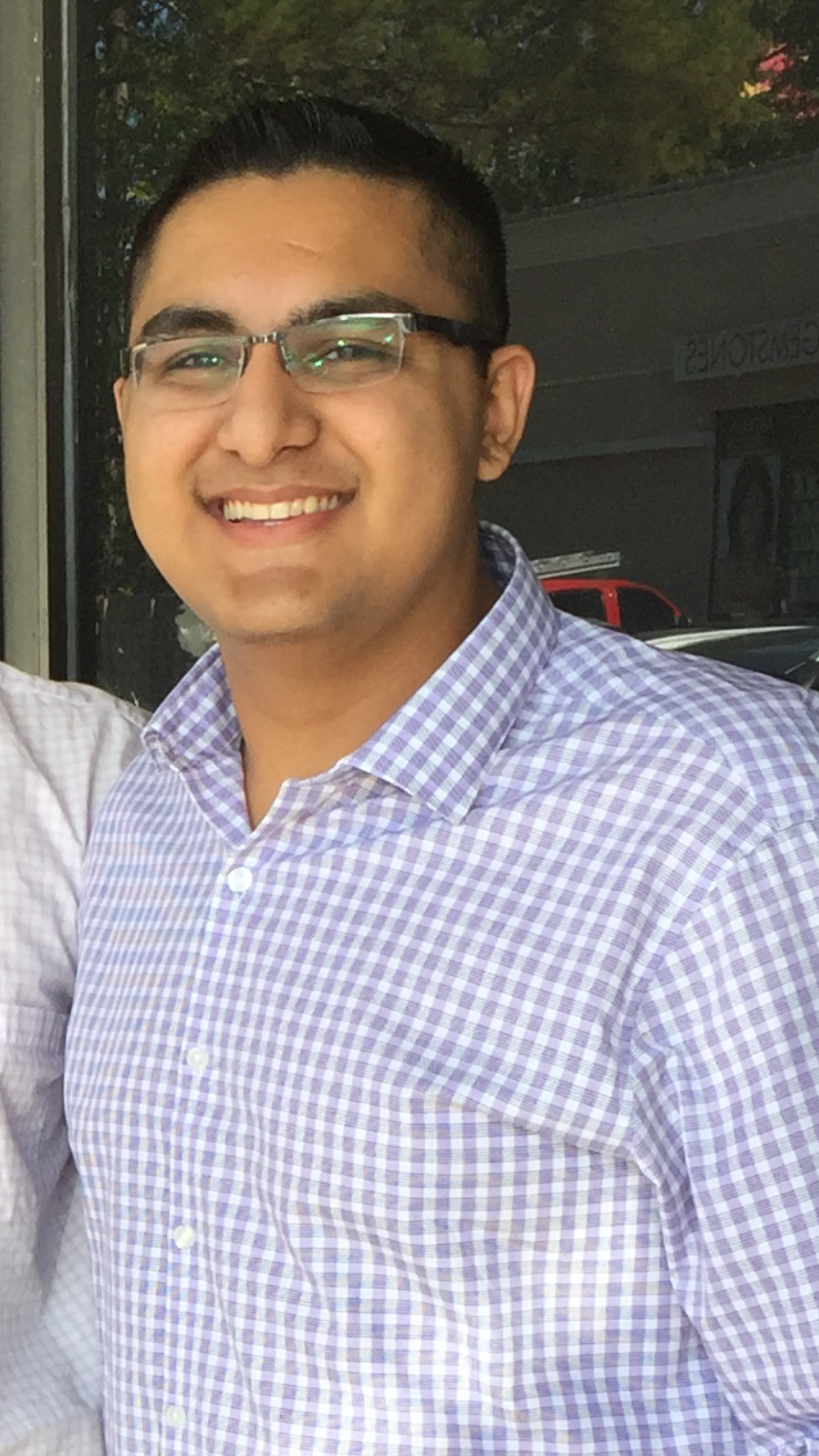Shamsha Isani
shamsha_ihani.jpg

"The Jamatkhana as a physical space, or any other place of worship, in my opinion, plays an integral role in drawing and holding the community together. It draws a devotee into its cushion of security and creates a sense of belonging, placing her among people who share her faith, beliefs, and values. Thus, faith and Jamatkhana, as the tangible space of prayer, become the invisible glue that hold us together as a community.
Munir Meghjani
munir_meghjani.jpg

"'I can’t do all the service the world needs, but the world needs all the service I can do.' This adage, borrowed from songwriter Jana Stanfield and tailored to fit my life, has been my mantra since I was in middle school. While I may identify as a servant leader, a connector, an entrepreneur, at my core, my identity as an Ismaili Muslim encompasses all these roles. For it is this community that showed me how to serve others through leadership, how to bring about change through my network, and how to adjust my strategies in changing times while holding on to our fundamental principles. It is this identity that serves as my foundation and my compass.
Shahnil Punja
shahnil.png

"From a young age, I have always been surrounded by Ismailis. Because going to Jamatkhana is such a core practice in our faith, Ismailis were my first friends, and our faith has always been a central part of my identity.







